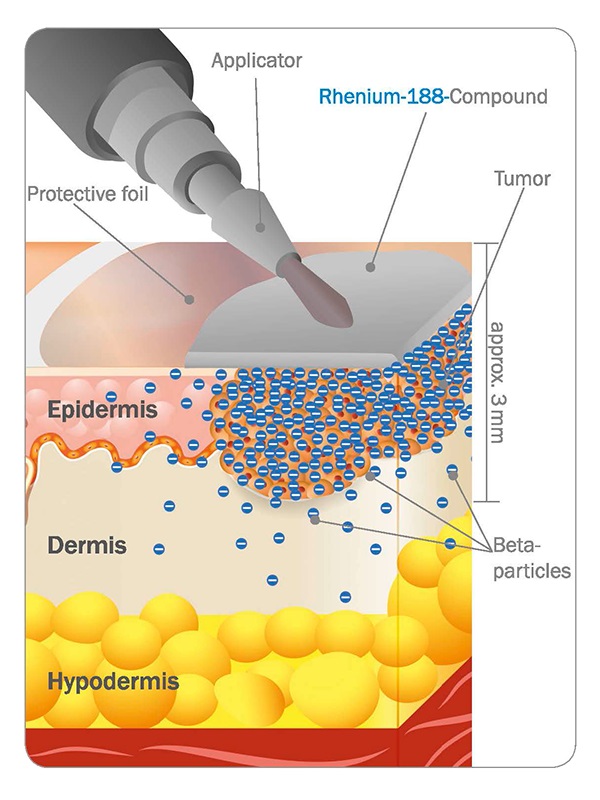

Chairman of NCB and founder of Portland Holdings Michael Lee Chin, who sits on the board of German company OncoBeta, is throwing his support behind the medical firm’s new Rhenium-188 treatment for keloids.
This new treatment is now available in Gauteng, South Africa.
There is a propensity for people with darker skin to suffer with keloids and this is common in Jamaica and the Caribbean.

According to OncoBeta, “Even though keloids are common throughout the world, their epidemiology has not been adequately investigated. The development of keloid scars is not only a comestic issue but also sometimes painful or limits mobility and may cause deterioration in the quality of life.
“The incidence of keloids in South Africa is very high. According to research in Nigeria, Zambia and South Africa have shown incidence rates are as high as 16 per cent (over nine million). Some skin types are more prone to keloids than others, but all can be affected.”
How it works
Rhenium-188 is an isotope with therapeutic qualities that delivers b-radiation to lesions. A minimum dose is administered to the surrounding tissue due to its low penetration in the human tissue. It comes in the form of a paste. The Rhenium -188 epidermal radioisotope therapy is a painless, non-invasive therapy targeting and destroying the cells in the area requiring treatment. This triggers the affected area to discard defective cells and initiate local immune system reactions letting the body repair itself.
This technology has also been used successfully for the treatment of non-melanoma skin cancers.

CEO and Managing Director of OncoBeta Shannon D. Brown III said: “Our groundbreaking technology brings a fantastic new treatment opportunity for people suffering from keloids. It also shows what great potential Rhenium-188 has in the epidermal treatment realm.”
Keloids are a type of raised scar. They appear when the skin has healed after an injury. They can grow to be much larger than the original injury that caused the scar. Anything that can cause a scar can cause a keloid.
Keloids can be hard to get rid of. Even when they’re successfully removed, they tend to reappear eventually. Most dermatologists recommend a combination of different treatments. With keloids the fibroblasts continue to multiply after the wound is filled in. Thus keloids project above the surface of the skin and form large mounds of scar tissue.
Speaking with Our Today, Lee Chin said: “An estimated 10 per cent of people experience keloid scarring. Men and women are equally likely to have keloid scars. People with darker skin tones are more prone to keloids.”







Comments